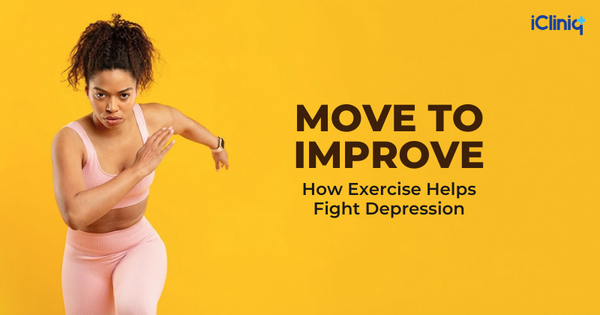Coronavirus Myths Busted

With the new Coronavirus already responsible for the death of millions of people worldwide, people are scared, which has resulted in numerous untruths surrounding the topic. Since the new Coronavirus (SARS-CoV-2) started spreading from China late last year, it has been making headlines. A pandemic of such a large scale and so little known about the virus has brought various misinformation and rumors. We will be addressing some of the most common myths that are doing the rounds on social media.

Myth 1

Chlorine Spray Kills the Virus Inside the Body: Chlorine sprays can only disinfect frequently touched surfaces, such as doorknobs, tabletops, etc. But, spraying such chemicals on the body will not kill viruses that have already entered the body. If these substances enter your eyes, nose, or mouth, they can irritate them and cause more harm.
Myth 2

COVID-19 Is Similar to the Flu: The infection caused by SARS-CoV-2 is nothing like the flu. The flu and COVID-19 are both contagious respiratory illnesses but are caused by different viruses. Also, COVID-19 spreads more quickly than the flu and results in severe illnesses in more number of people. The incubation period is longer for SARS-CoV-2, and people remain contagious for more extended periods. Even though the exact mortality rate is unknown (thought to be around 6 %), COVID-19 is deadlier than the seasonal flu.
Myth 3

Children and Youngsters Are Immune to COVID-19: People of all age, sex, and gender can contract the new Coronavirus. Most reported cases have been in adults, but this does not mean young adults and children are immune. Some studies claim children to be equally susceptible, but the symptoms are often less severe. Scientists have found links between COVID-19 and a multisystem inflammatory condition, which can result in inflammation of the heart and other vital organs.
Myth 4

You Can Get COVID-19 by Eating Infected Food: The possibility of this is almost nil, but it is still debatable. The virus can enter your stomach by swallowing mucus from the upper respiratory tract or by eating foods that have been handled by an infected person. These viruses get destroyed by our stomach acids, and the viral parts that get detected in feces cannot replicate and infect anybody. But, scientists still do not know if this virus gets killed in patients taking drugs to reduce the production of stomach acids.
Myth 5

Saline Nasal Rinse Protects Against Coronavirus: As of now, no proof supports that a saline nasal rinse protects against COVID-19 and other infectious respiratory diseases. This practice might reduce the symptoms of acute upper respiratory tract infections, but it does not reduce the risk of catching the infection.
Myth 6

Masks Should Be Used While Exercising: It is not recommended to wear a mask while exercising, as it will make breathing difficult. The mask can become wet due to sweat, which allows the growth of microorganisms. The best you can do to prevent getting infected while exercising is maintaining physical distance and wearing a visor or face shield.
Myth 7

Drinking Alcohol Protects Against COVID-19: Most people think that consuming alcohol will disinfect their mouth and throat and thus protect them against COVID-19. But in fact, alcohol will not destroy the virus and is likely to affect your immune system. 60 % of alcohol might disinfect your hands, but such an effect is not seen when you ingest it. Alcohol weakens your immune system and puts you at risk of severe infection in case you get infected.






